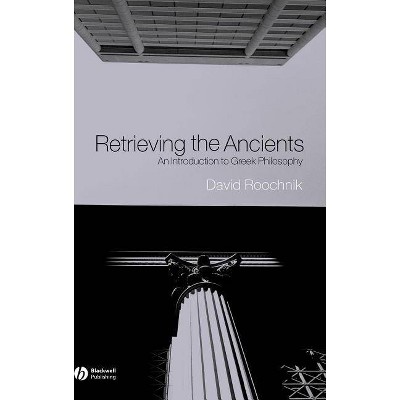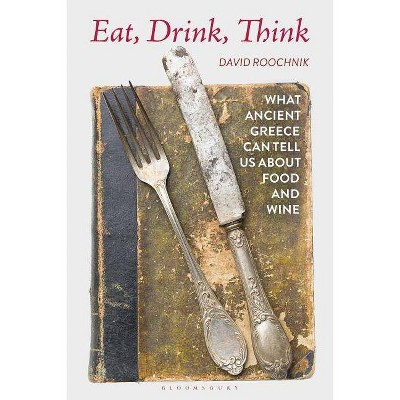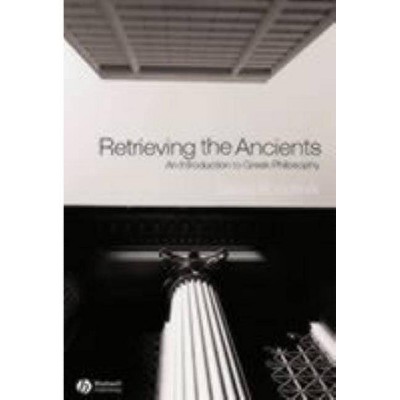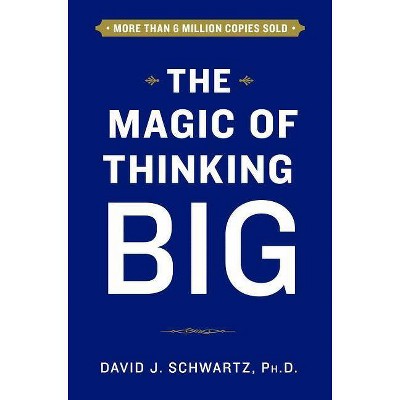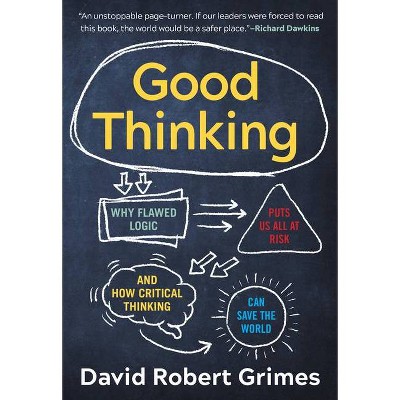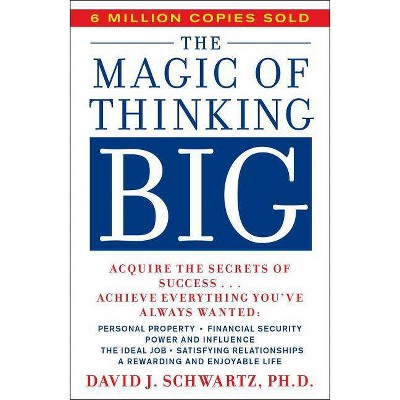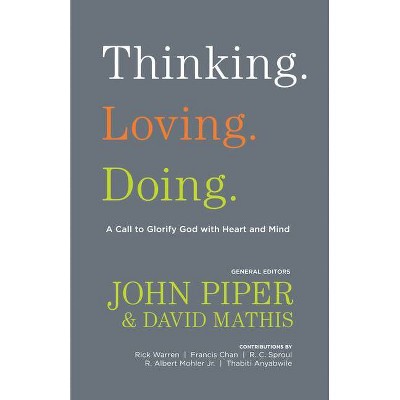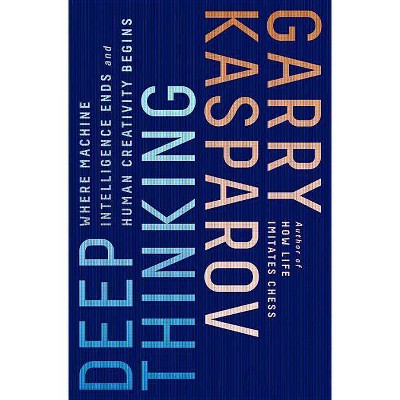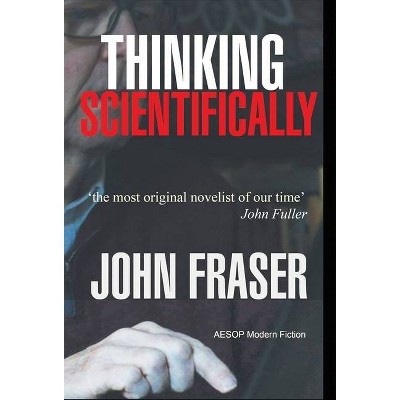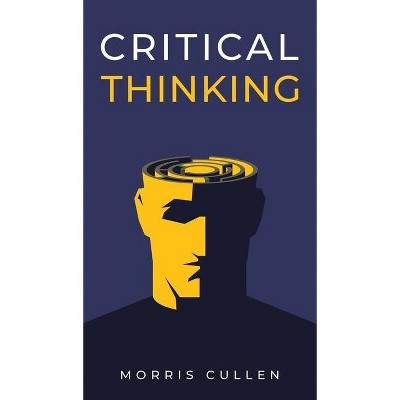Thinking Philosophically - by David Roochnik (Hardcover)
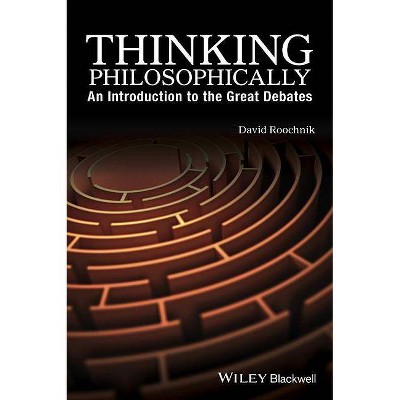
Similar Products
Products of same category from the store
AllProduct info
<p/><br></br><p><b> About the Book </b></p></br></br>Presents an introduction to five of the most fundamental debates in world philosophy.<p/><br></br><p><b> Book Synopsis </b></p></br></br><i>Thinking Philosophically: An Introduction to the Great Debates</i> presents a highly accessible introduction to five of the most fundamental debates in world philosophy.<br /> <ul> <li>Introduces five fundamental philosophical debates in a highly engaging and accessible manner that invites readers to enter the discussion themselves </li> <li>Features chapters that each consider a central philosophical question dialectically by exploring the conflicting approaches of different philosophers </li> <li>Argues that the work of philosophers like Plato and Rousseau is just as relevant today as it was in their own time </li> <li>Provides a structure that encourages readers to apply philosophical principles to their everyday lives </li> </ul><p/><br></br><p><b> From the Back Cover </b></p></br></br><p><i>Thinking Philosophically: An Introduction to the Great Debates</i> presents a highly accessible introduction to five cornerstone debates in world philosophy. Each chapter takes a fundamental philosophical question as its subject, and then outlines the core arguments of the resulting debate.<br /><br />First explored is whether we are by nature social-political beings (Aristotle's position), or solitary ones, as Rousseau maintains. The second question considers whether an action's morality is determined by its consequences (argued by John Stuart Mill), or Kant's viewpoint-- that some actions are obligatory, regardless of their consequences. The third, addressing the question of human excellence, then brings key thinkers such as Aristotle, Confucius, and Lao-Tzu into the conversation. Further chapters address the origins of knowledge--does it originate in sense perception, as the empiricist Hume believes, or can thinking on its own lead to knowledge, as the rationalist Descartes maintains?-- and the passage of time, weighing whether one should (as Saint Augustine insists) seek what is permanent in response to the human experience of transience, or join Nietzsche, who affirms time's relentless flow. Each question is presented with an eye toward thorough and objective coverage, with the strengths and shortcomings of each position seriously discussed.</p> <p>While introducing readers to some of the greatest work in the history of philosophy, <i>Thinking Philosophically</i> reveals how arguments with roots stretching back millennia have surprising relevance for our 21st-century world, and invites its readers to join the debate.</p><p/><br></br><p><b> About the Author </b></p></br></br><b>David Roochnik</b> is the Maria Stata Professor of Classical Greek Studies at Boston University, and is the recipient of numerous awards for excellence in teaching. His books include <i>Retrieving Aristotle in an Age of Crisis</i> (2013), <i>Retrieving the Ancients: An Introduction to Greek Philosophy</i> (Blackwell, 2004), <i>Beautiful City: The Dialectical Character of Plato's Republic </i>(2003), <i>Art and Wisdom: Plato's Understanding of Techne</i> (1996) and <i>The Tragedy of Reason: Toward a Platonic Conception of Logos</i> (1991).
Price History
Cheapest price in the interval: 104 on November 8, 2021
Most expensive price in the interval: 104 on December 20, 2021
Price Archive shows prices from various stores, lets you see history and find the cheapest. There is no actual sale on the website. For all support, inquiry and suggestion messages communication@pricearchive.us
